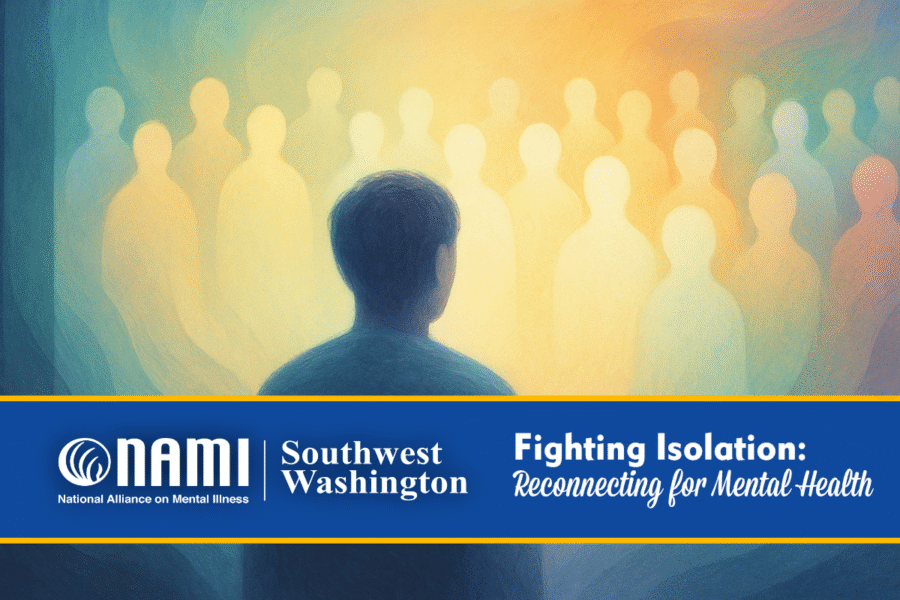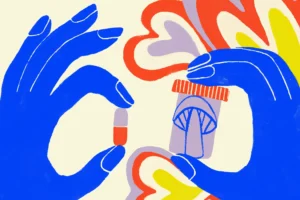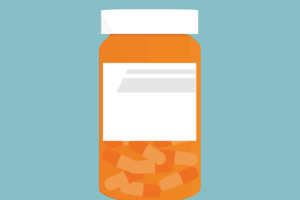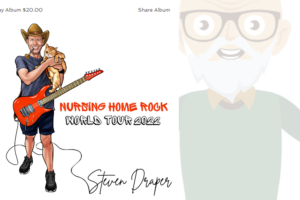By NAMI Southwest Washington
Isolation can feel safe at first. It’s quiet. It’s predictable. It keeps people from seeing the pain we carry or the struggle we can’t put into words. It offers a false sense of control—an illusion that if we just stay away from others, we won’t have to explain, risk judgment, or face the burden of pretending to be okay. But over time, isolation becomes something much darker.
The longer we stay disconnected, the more those protective walls start to close in. Thoughts become heavier, self-doubt grows louder, and reaching out begins to feel impossible. At NAMI Southwest Washington, we understand how loneliness can impact mental health and how easy it is to fall into a cycle that becomes harder and harder to break.
The Isolation Trap
When we feel overwhelmed, anxious, or depressed, our first instinct may be to withdraw. We cancel plans, stop responding to messages, and slowly disconnect from the world around us. In small doses, solitude can be restorative. It gives us space to rest, reflect, and recharge. But when isolation becomes our default, it can amplify our pain and deepen our sense of disconnection.
Studies show that chronic loneliness can increase the risk of depression, anxiety, and even physical health conditions like high blood pressure and weakened immune response. It also diminishes our ability to cope with stress and can make us feel as though no one could possibly understand what we’re going through. Over time, this isolation can distort our perception, leading us to believe that our presence is a burden or that no one truly cares. These thoughts aren’t true, but they can feel incredibly real when we’re suffering in silence. And that silence only grows louder the longer we remain alone.
The cruel irony is that the more isolated we feel, the more convinced we become that we should remain alone. Isolation becomes a self-fulfilling prophecy, convincing us that we are unlovable, burdensome, or invisible. And this belief drives us even deeper into disconnection.
James’ Story
James, a 42-year-old father of two, began experiencing severe anxiety after losing his job during the pandemic. What started as a few missed social gatherings turned into months of avoiding phone calls and making excuses not to see his friends. “At first, I told myself I just needed time,” he says. “But the truth was, I was ashamed. I didn’t want anyone to see me struggling.”
As the months dragged on, James found himself sinking into a depression he hadn’t expected. He stopped sleeping well. His appetite disappeared. His sense of purpose and joy faded. “I would lie to my family and say I was just tired, but the truth was I didn’t know how to explain what I was going through. So I kept retreating further into myself.”
Eventually, it was his teenage daughter who confronted him. “She looked me in the eye and asked, ‘Are you okay, Dad?’ and I couldn’t lie to her. That moment cracked something open.”
James took a deep breath and reached out to an old friend. Then another. He signed up for a local peer-led social group through NAMI Southwest Washington. “I was terrified,” he admits. “But once I sat around that table and heard other people share their stories, I realized I wasn’t alone. I wasn’t the only one who felt lost. I felt an instant connection.”
That first step—the choice to reconnect—became the turning point in James’ recovery. Weekly support group meetings, honest conversations with his family, and even volunteering gave him new purpose and perspective. “It didn’t fix everything overnight, but it reminded me that I was still part of something. I wasn’t broken. I was healing.”
You Don’t Have to Stay Isolated
If you’re feeling disconnected, overwhelmed, or unsure how to take that first step, know this: you are not alone. Reaching out can be incredibly hard, especially when mental illness tells us we shouldn’t. But taking even the smallest step—sending a message, making a phone call, or joining a social group—can be the beginning of real healing.
At NAMI Southwest Washington, we offer free support groups, social groups, educational programs, and resources to help you reconnect with yourself and with others who understand. The truth is, we need each other. And healing begins when we choose to reach out.
We are social animals by nature, so we tend to function better when we feel like we are part of a community. People who spend a lot of time alone, may have an increased risk of depression and can experience a lower quality of life overall. You don’t have to be super social to see benefits of connecting with others.




